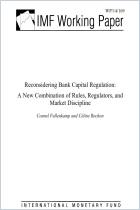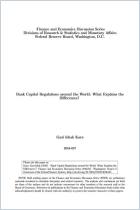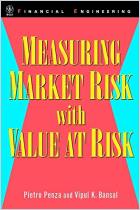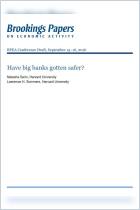
The New Basel Capital Accord
Recommendation
This collection of articles and academic studies varies widely in tone and readability, but provides a much-needed critical look at the new Basel Capital Accord (Basel II). This international agreement on bank capital standards, scheduled to replace the 1988 Basel Capital Accord (Basel I) in 2006, will directly affect 10 to 20 of the biggest banks in the U.S., but may have a ripple effect on smaller institutions. The expert authors gathered here agree that Basel I, though ground-breaking and necessary, was too simplistic. However, the solutions proposed by Basel II create new problems in addition to solving old ones. Just as Basel I did not prevent the worldwide financial crises of the late 1980s and early 1990s, new problems are already arising that are not adequately addressed by Basel II. The new accord is an important step, but may best be understood as an evolving process rather than a set of ironclad rules. getAbstract.com recommends this book to bank regulators, managers of large banks and anyone else with a vested interest in international banking standards.
Summary
About the Author
Dr. Benton E. Gup’s other books include The Future of Banking, Megamergers: Causes and Consequences and The New Financial Architecture: Banking Regulation in the 21st Century. His articles have appeared in numerous publications including the Journal of Finance and Financial Management. He is a member of the Academy of Financial Services and the American Finance Association, among other organizations.























Comment on this summary or 开始讨论